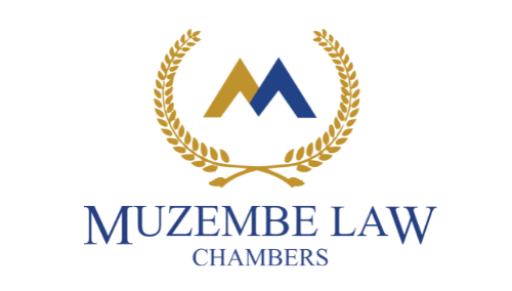The rights of the arrested persons

The rights of arrested persons
A) The rights of an accused person
The rights of arrested persons are regulated under Section 50 of the Constitution Amendment No 20 of 2013
They include the following;
Accused person must
- be informed of the reason of their arrest
- be permitted at the State’s expense to contact a relative, spouse or lawyer
- At own expense must be allowed to consult with a legal practitioner in private
- Must be treated humanely with respect and dignity including the right not to be assaulted or tortured
- Must be released unconditionally or under reasonable conditions pending charge or trial unless there are compelling reasons justifying continued detention
- Must be permitted to challenge the lawfulness of arrest in court and must be released promptly if arrest is unlawful
- Arrested persons must be brought to court within 48 hrs of arrest whether they were arrested on Saturday or Sunday
- Any person who has not been brought to court within 48 hrs must be released unless there has been an extension of time by a competent court
- Be allowed to exercise the right to remain silent
- be informed of the right to remain silent
- be informed of the consequences of remaining silent and not remaining silent
B) Can a person be arrested without a warrant of arrest and if so under what circumstances?
As a general rule, the purpose of an arrest is to secure the attendance of the suspect at his or her trial and not to ‘punish, scare or harass such person and there are various ways to secure the attendance of a suspect at trial. In Zimbabwe because an arrest ‘constitutes one of the most drastic infringements of the rights of an individual,’ a police official should therefore regard arresting without a warrant as a measure of last resort.
However, the Criminal Procedure & Evidence Act [Chapter 9:07] (herein will be referred to as the ‘Act’) is very clear on this position. Section 25 gives authority to any peace officer and any other officer empowered by law to arrest without a warrant though subject to the general or specific directions of a superior officer or person placed in authority over him.
C) Circumstances under which an arrest without a warrant can be done.(a) when any person commits any offence in the presence of a peace officer.
(b) any person whom the peace officer or she has reasonable grounds to suspect of having committed any of the offences mentioned in the First Schedule or the Ninth Schedule of the Act.
A police officer must really believe or suspect that the person has committed or is about to commit an offence; this belief or suspicion must be based on certain facts from which an inference or conclusion is drawn which any reasonable person in view of the same facts would draw.
D) At what point can an arrested person consult a lawyer?
A detained person shall be entitled to have the assistance of a legal counsel. He shall be informed of his right by the competent authority promptly after arrest and shall be provided with reasonable facilities for exercising it.
E) Is it compulsory for the arrested person to give a statement to the police?
You do not have to make any statement about the alleged crime to the police. It is, however, usually advisable to make a statement; if you remain silent adverse inferences may be made against you. However it is critical to make a statement after consulting with your legal counsel.
Disclaimer:
“The information provided in this content is for informational purposes only and does not constitute legal advice. The content is not intended to create, and receipt or viewing does not establish, an attorney-client relationship. You should not act or rely on any information in this content without seeking professional counsel from an attorney licensed in your jurisdiction.”
Muzembe Law Chambers is a Harare law firm offering a full circle of legal services. Contact us on mlawchambers2020@gmail.com should you need our assistance.
